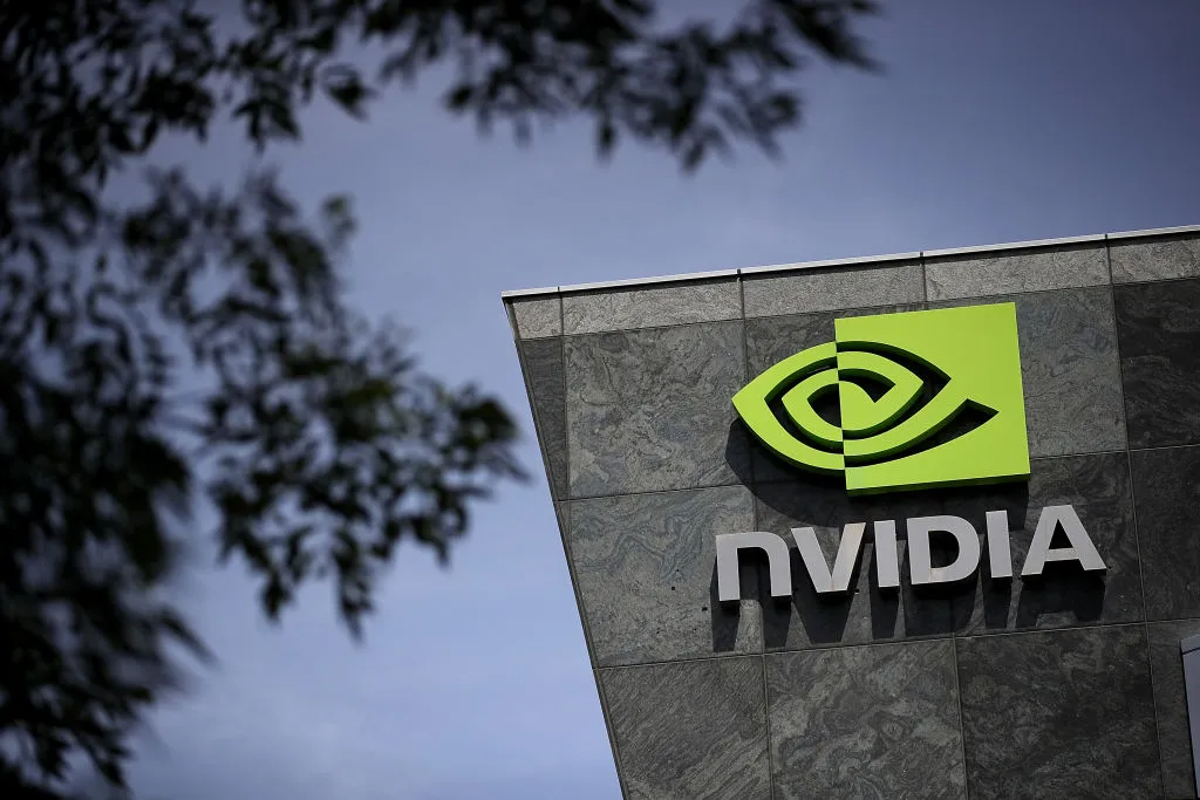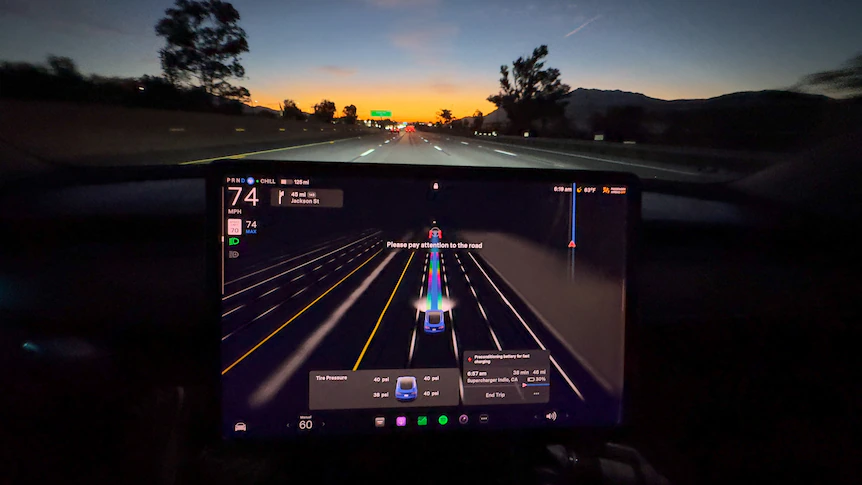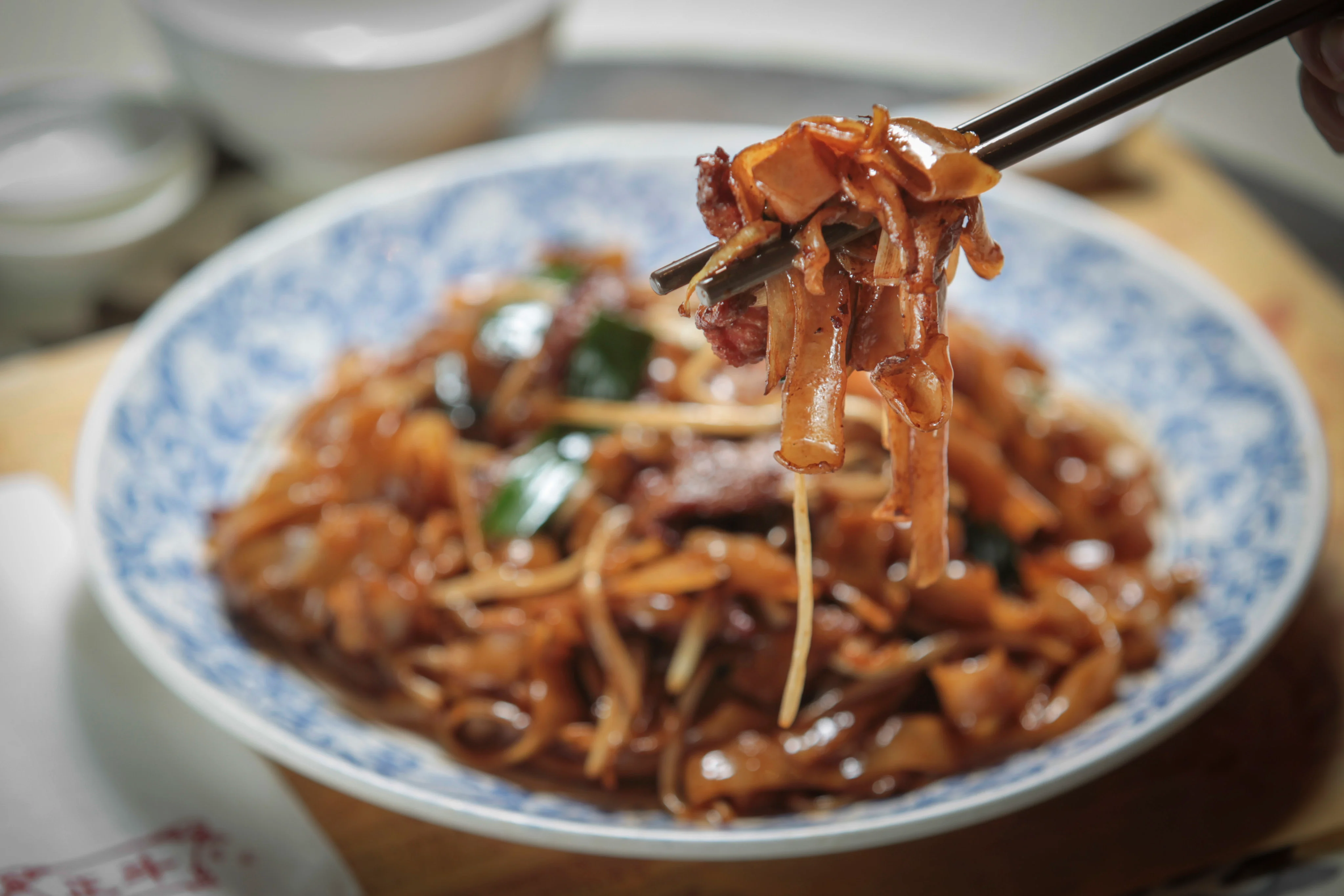By Saskia Koopman
Copyright cityam

Nvidia chief executive Jensen Huang said he was “disappointed” with China’s internet regulator banning the country’s largest tech firms from buying Nvidia’s AI chips.
The quasi-celebrity, leather jacket-wearing billionaire told City AM: “We could only be in service of a market if the country wants us to”.
His response follows the Cyberspace Administration of China (CAC) telling companies, including ByteDance and Alibaba, this week to halt testing and orders of the RTX Pro 6000D, Nvidia’s AI product customised for the Chinese market.
Several firms have indicated they would purchase tens of thousands of units and had begun testing with Nvidia’s server suppliers before the CAC intervened, according to sources cited by the Financial Times.
Speaking to City AM, he said the “Chinese market is important, it’s large” and that “their technology industry is significant”.
“For 30 years, we probably contributed more to the China market than most companies have”, he continued. “But they have larger agendas to work out between China and the United States, and we’re patient”.
“We’ll continue to be supportive of the Chinese government and Chinese companies as they wish, as they sort through these geopolitical policies”.
“But this week, we’re here to announce that the UK is going to be an AI superpower”, he added, noting Nvidia’s extensive investment in Britain’s AI infrastructure, including 120,000 GPUs in collaboration with homegrown Nscale and Coreweave.
This follows Tuesday’s ‘historic’ tech deal between Britain and the US, which encompasses £31bn of American investment across AI, quantum computing, and advanced nuclear energy.
Chinese ban and Nvidia’s longstanding role
The ban goes beyond earlier guidance that focused on the tech behemoth’s H20 chip, Nvidia’s other China-only model widely used for AI, and comes after Beijing concluded that domestic chips have reached performance comparable to Nvidia’s products.
Officials have also summoned domestic chipmakers such as Cambricon or Huawei, along with Baidu and Alibaba, to report on the competitiveness of their AI processors.
Sources close to the matter told the FT that regulators now believe there is sufficient domestic supply to meet demand without Nvidia hardware.
Huang gave context for Nvidia’s longstanding relationships with China: “We were selling GPUs to China for about 30 years”, he told City AM. “When the export controls came, we continued to sell, but they were degraded relative to the highest performance”.
Eventually, the firm was banned altogether, and while China had great demand, Huang’s chips could not be supplied.
We explained to policymakers that H20 chips are not of any national security concern – it’s about the technology for data centres”, Huang said, despite acknowledging and understanding that “all countries, namely China, “want AI leadership – they want to protect it for themselves.
Yet Huang vouched for global collaboration, stating: “I think it’s safer for the world that China and the US collaborate on AI than to isolate. Fundamental truths are fundamental truths”.



